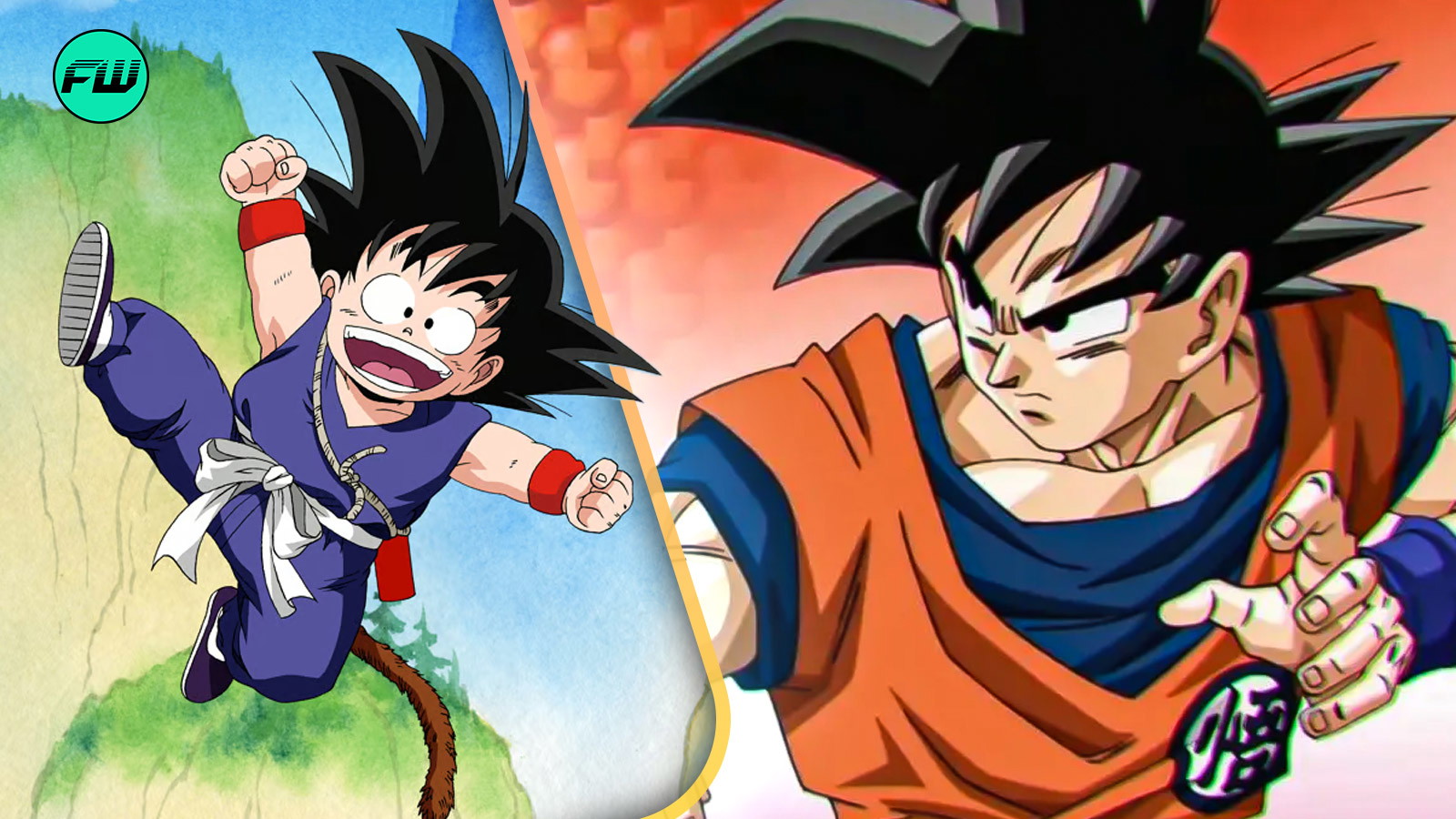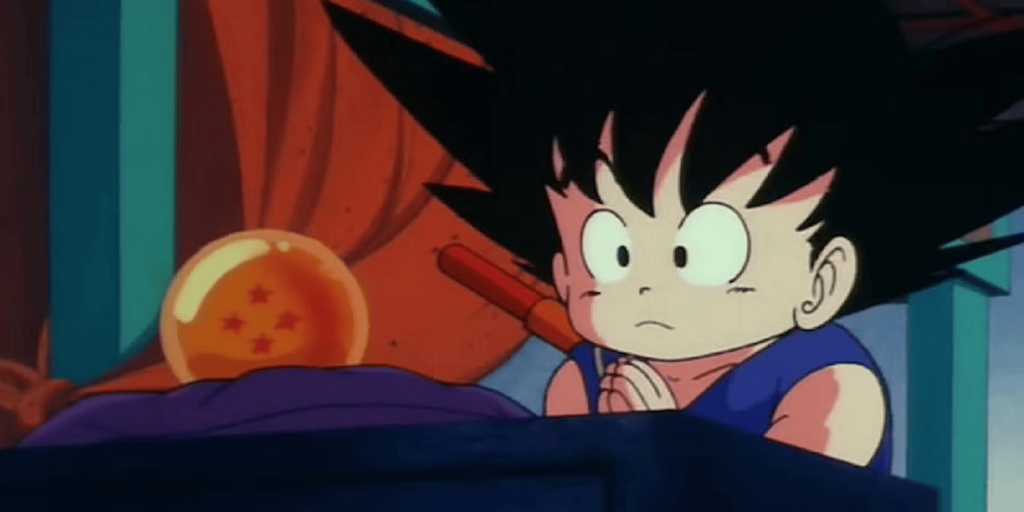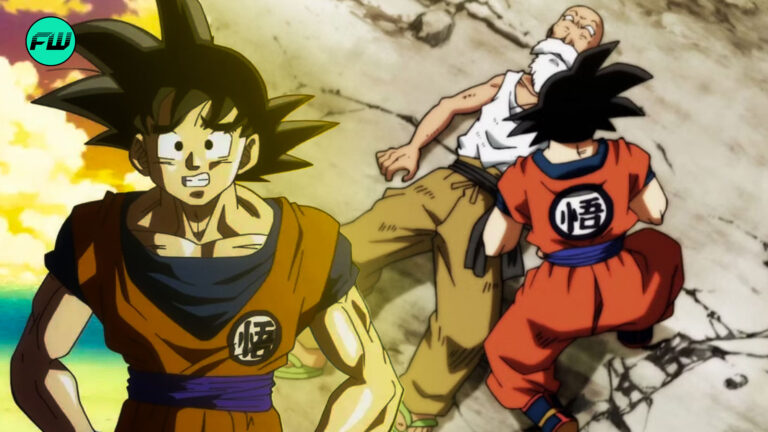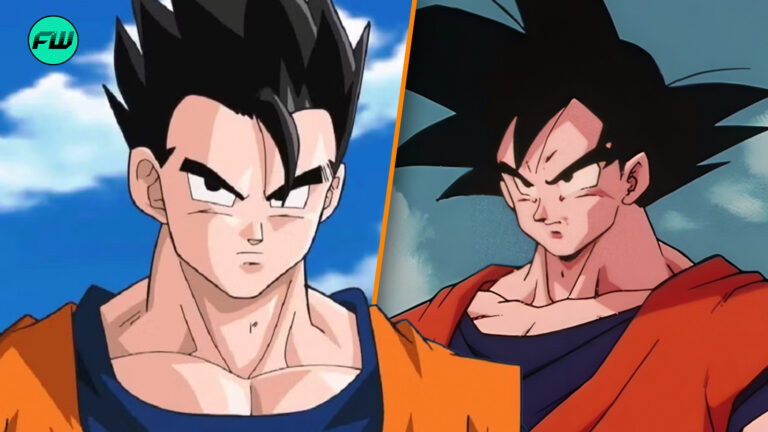
Goku is often viewed as the ultimate powerhouse in Dragon Ball; he is a warrior who constantly breaks his limits and defeats enemies far beyond his strength. However, his true significance in the franchise and beyond far exceeds this.
Goku is a symbol of transformation throughout the series, and this is not just in terms of power but in the way he changes the world and the people around him.

If you think about it, he changed Piccolo and Vegeta, mellowed characters like Beerus to be more amicable. This is because Goku has an extremely simple but admirable personality, he is single-minded but never backs down and never gives up.
Goku is a reflection of change with many faces
Goku’s battles are rarely about just brute strength; that was how it was meant to be, but as the series progressed, Goku changed, and the fights scaled as well. Goku wants to be strong, yes, but he also wishes for his family to be happy and comfortable.
His fights aren’t alone; he learns from others, trains with them, and goes on to defeat the seemingly invincible threat. His victories represent collective effort, perseverance, and the ability to adapt without being stuck in his ways.
From brute strength to Ki control, from Ki to the Super Saiyan, and from there to the God Ki, there has always been an advancement, and Goku has taken them and made them his own.
Goku’s role shifts depending on who he’s facing. For instance, against Vegeta, Goku was the driving force of hope, proving that teamwork and collective effort could surpass a single warrior’s pride.
He changes the arrogant prince’s mind about mingling with lesser beings (humans) and goes from a self-centered person to one who deeply cares about his wife and child. Goku is the one who brings out these changes, even though Bulma gets all the credit.
Seeing Kakarot (Goku) as a happily married man, Vegeta knew that it wasn’t impossible for him to settle down on Earth and have a peaceful life. Every major antagonist was at first an insurmountable threat, be it Cell, Frieza, or Majin Buu.
Why does Goku’s symbolism resonate with millions?
But each time, Goku never gave up. He gave it his all to protect Earth or even Namek when he did not have to. He represents a will that can never be suppressed and a hope that is never extinguished.

To Chi-Chi and Gohan, Goku is an annoyingly absent person. He disappears for long durations (sometimes because he is dead) and is not there to support them. But they realize that it is important for the safety of the world, and they admire him for giving it his all.
One of Goku’s most profound traits is that he doesn’t force change onto others; he lives it and simply embodies it. His growth isn’t just a physical transformation but a journey of absorption and development.
To a person like Mr. Satan, he’s proof that strength isn’t just about physical power; it’s about conviction and heart, and he never wanted any fame or wealth. Even in GT, Goku’s ultimate act wasn’t a victory through combat but a self-sacrificing gesture to repair all the damage to the universe.
Goku’s impact is why he’s beloved in Japan, even earning his own holiday. He represents positive ideas and optimism, which is why he remains relevant even after four decades.
You can stream Dragon Ball on Crunchyroll.
This post belongs to FandomWire and first appeared on FandomWire


